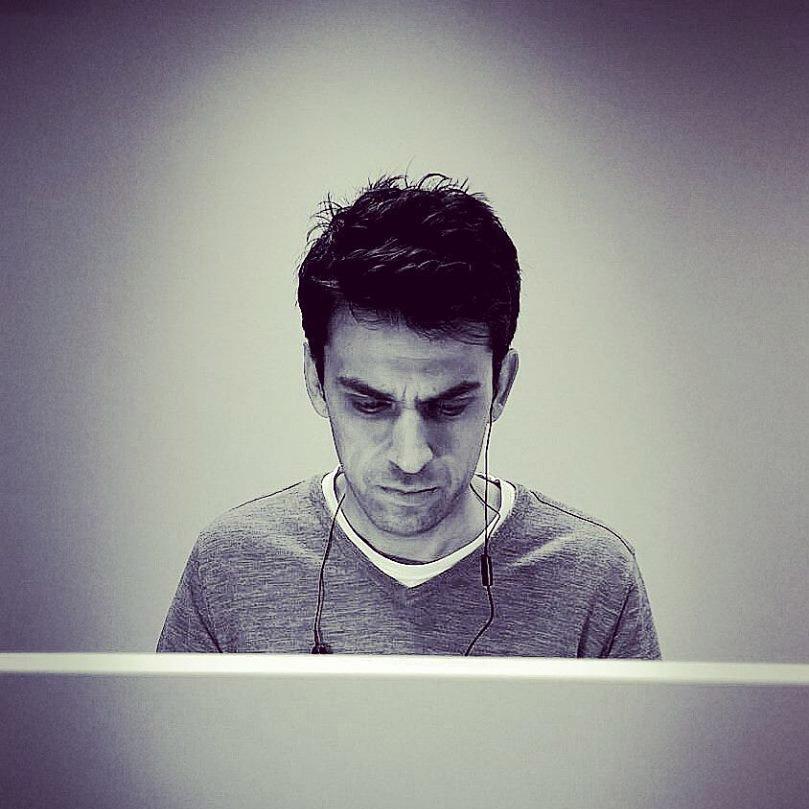European startups are just fine, and a paradigm shift is coming in 2018
On the face of it, I can give you 19 billion reasons why European startups are doing better than ever. Because that’s the record amount of money (in USD) they stand to receive from global investors by the end of this year.
Capital crisis eh? Clearly a lack of capital isn’t the problem for European startups. Especially ones dealing in tech, software and innovation. But, to use a cliched metaphor, that’s just the tip of the iceberg.

European startups and a new entrepreneurial world order?
A grand statement. What does it mean though? To start with, record capital investment is a clear sign of confidence in the health of European startups and the ecosystem on ‘this side of the pond’. But that’s only part of the whole story. The crux of the matter lies in something that we’ve been banging the drum about recently. Capital efficiency.
As I’ve mentioned, something is broken in Silicon Valley. And both entrepreneurs and investors are realizing this. There is a clear switch to agile and lean methodologies to get startups off the ground and scaling up properly.
I’ll get to that part. First let’s look at some numbers which show that European startups, and the European entrepreneurial ecosystem itself, is in very good health as we approach 2018.
Record $19 Billion of Investment
Growing brexit concerns about how the U.K.’s departure from the European Union will affect the bloc’s technology industry continue. But, according to London-based venture capital firm Atomico’s annual report, there are plenty of reasons to be optimistic.
The U.K. is top of the list of EU states in terms of capital invested, with $5.4 billion up to November. Germany follows in second place with $2.5 billion, and then France with $2.1 billion. Interestingly, the UK is the No. 1 destination for skilled tech workers migrating within Europe.
“This year’s findings reveal the state of European tech in 2017 is the strongest it has ever been. Europe is building a tech ecosystem in its own image, defined by deep tech expertise, incredible geographic diversification, and a uniquely collaborative approach with traditional industry.”
– Tom Wehmeier, Partner and Head of Research, Atomico
It’s more about using the right approaches and methodologies to scale-up businesses efficiently.
But it’s not just about money
The significant amounts of investment dollar coming our way in Europe reinforces our view that an absence or lack of capital isn’t the problem. There are many other factors which are turning the tide against the traditional thought of “I have to be on Sand Hill Road if I want to succeed.”
For a start, you no longer need to go to Silicon Valley for instant access to the world’s best networking opportunities. The entrepreneurial ecosystem is shifting. Knowledge is being decentralized. Location is no longer a big issue. The main reason for this is technology. Think about it. As Entrepreneur recently pointed out in a similar article on this topic, “a 10-year-old girl in Kenya now has a better library in her pocket than someone a few decades ago had while studying for their Ph.D. at Harvard.”
New ways and means of fundraising
Alternative sources of funds and the growth of crowdfunding platforms is accelerating the pace of this shift. Local, regional and global startup acceleration and incubation programs are popping up in every major European city.
And I can’t underestimate the importance of this. Angel investors and early-stage investment programs, like our very own Starttech Venture Building program, are providing the vital stepping stones for many companies to get off the ground before the so called ‘big boys/ of the VC’s come sniffing around.
New perspectives
More importantly, it’s becoming a matter of perspective, for all stakeholders. Because founders and budding entrepreneurs can now connect with all kinds of investors, organizations and other entrepreneurs to help them. For capital, as well as things like mentoring, coaching, and practical services, such as growth marketing and basic HR services. What’s more, angel investors like ourselves are showing that adherence to capital efficiency in the early stages prepares startups (and their investors) better for the scaling up stage.
It is dawning on investors that a startup can thrive anywhere. Entrepreneurs who want to benefit from the many sources on offer simply need to go online. Or get out of their garages, basements, or offices, and reach out. There is some great data to surf through in the Atomico State of European Tech Report, so make sure you have a good look through it.
“Of course Europe is a fantastic place to start and grow a company. Just look at companies like Spotify, Skype, TransferWise, or BlaBlaCar: they are European unicorns. The biggest startup events take place in Europe, the level of capital available has skyrocketed in the past years. Europe is made of tens of different cultures, it’s our biggest advantage. The more diversity you can find among entrepreneurs, the more you will find innovative businesses, creativity, and value created.”
– Xavier Niel, Station F
Greece continues to shine
I may be a bit biased, since our base is here, but Greece is a shining example of why European startups are doing so well. The motto seems to be simple. To win against the odds. They operate very much along the Frank Sinatra line of thinking, that If I can make it there, I can make it anywhere. But in this case the location is not New York. It’s any city in Greece.
The two largest ever exits in Greek startup history took place in 2017. Taxibeat was acquired by Intelligent Apps of the German Daimler Group in February for EUR 40.48 million. Then came the purchase of Innoetics by Samsung Electronics. The word-to-speech applications specialist was acquired in July for an estimated EUR 30-40 million.
And the signs continue to be encouraging. With the Greek startup ecosystem growing and maturing, much like many more of its European counterparts, we are going to see more of these kinds of deals.
The future of European startups looks bright. So, let’s shine on together.
